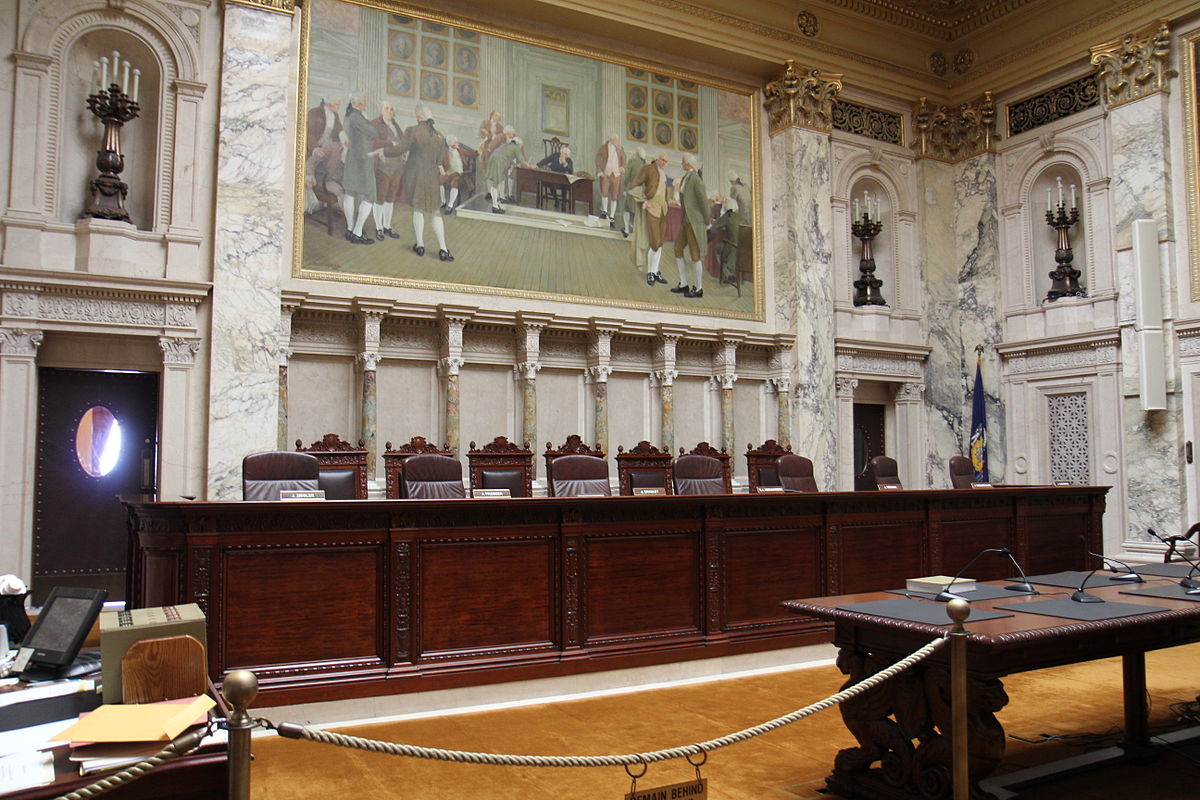The lawsuits seek to uphold conservatives’ electoral advantage in Wisconsin, despite demographics now favoring Democrats.
Conservative voters have filed two redistricting lawsuits in Wisconsin.
According to The Milwaukee Journal-Sentinel, the lawsuits are the latest litigation in a back-and-forth between Democrats and Republicans, who disagree as to whether federal or state judges should be responsible for redrawing Wisconsin’s congressional and legislative districts.
The Journal-Sentinel observes that one of the two lawsuits was filed Monday by a pair of voters represented by the conservative Wisconsin Institute for Law & Liberty.
Several hours after the Wisconsin Institute filed its complaint, three other voting rights groups delivered another petition to the state’s Supreme Court.
All of the recent lawsuits, says the Journal-Sentinel, were brought against the state’s Elections Commission.

While the Elections Commission is a bipartisan entity, its operations were disturbed after the U.S. Census Bureau released detailed data on Wisconsin’s population.
The Census data indicated that Wisconsin’s existing districts are not constitutional, since they no longer have equal populations.
The Journal-Sentinel notes that states must redraw their districts every 10 years if and when their populations substantially change.
However, replacing, reframing, or otherwise altering existing districts can confer major advantages to political parties.
In its lawsuit, the Wisconsin Institute requested that the Supreme Court give lawmakers and Wisconsin Lt. Gov. Tony Evers more time to reach an agreement. However, Evers and the Republican-controlled legislature are not expected to find common ground.
Absent an agreement, the Institute wants the Wisconsin Supreme Court to draw new maps—maps which make as few changes to the existing districts as possible.
If the lawsuits succeed, Wisconsin Republicans—who drew the last renditions of the state’s electoral map—would retain an advantage, despite population trends disfavoring conservative politics.
“Adopting new legislative maps is a state responsibility,” said Rick Esenberg, president of the Wisconsin Institute for Law & Liberty. “If the legislature and governor cannot agree, it is entirely appropriate–even necessary–for the Wisconsin Supreme Court, a branch of state government, to pass a judicial apportionment plan to adopt constitutional maps.”
However, Wisconsin state Rep. and Assembly Minority Leader Gordon Hintz said the lawsuits are part of a broader Republican plan to maintain an unfair advantage.
“Anything they can do to disenfranchise voters in the state is something they will do,” Rep. Hintz said. “The priority for them is not democracy, it’s political advantage and they’re going to go whatever route gives them the best shot to maintain political power.”
The Associated Press notes that Democrats have also filed their own redistricting lawsuit, which contends that federal judges should make the necessary changes.


Join the conversation!